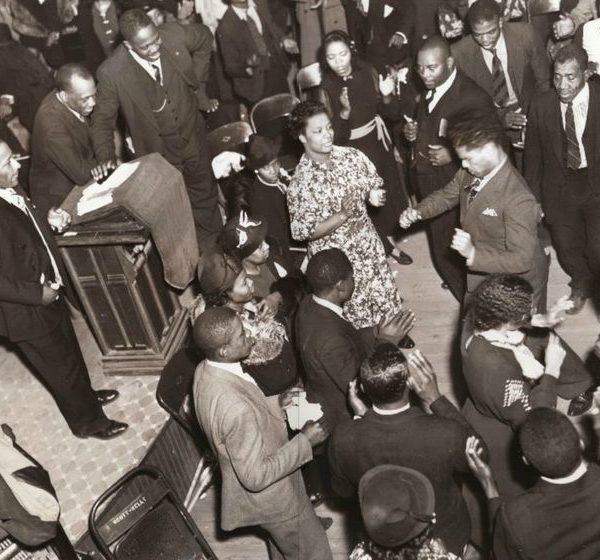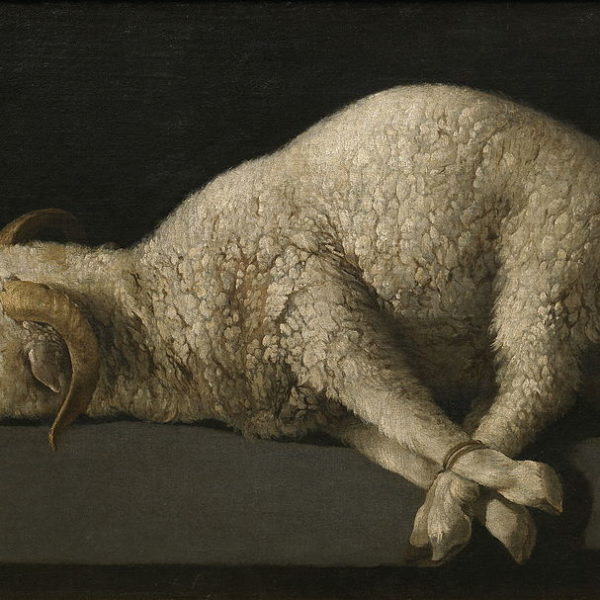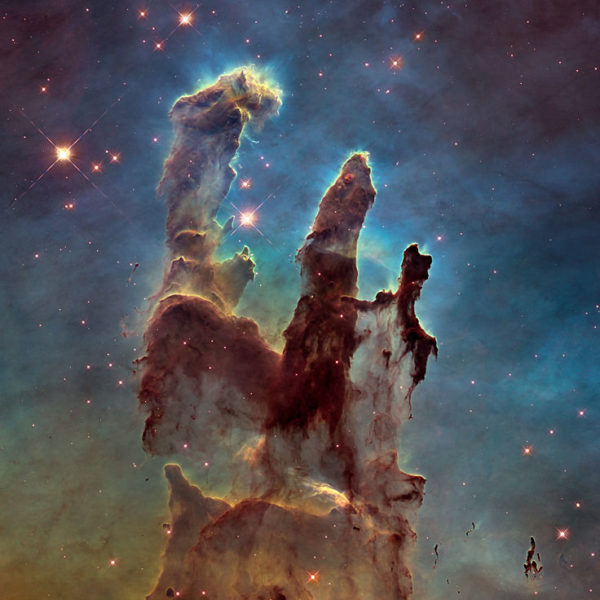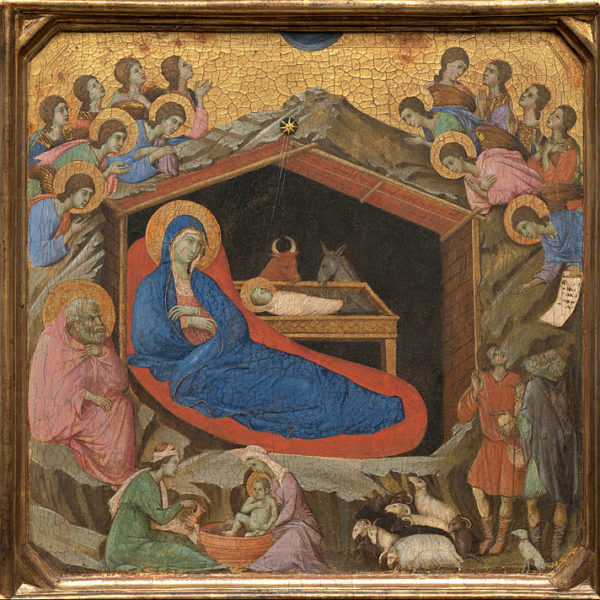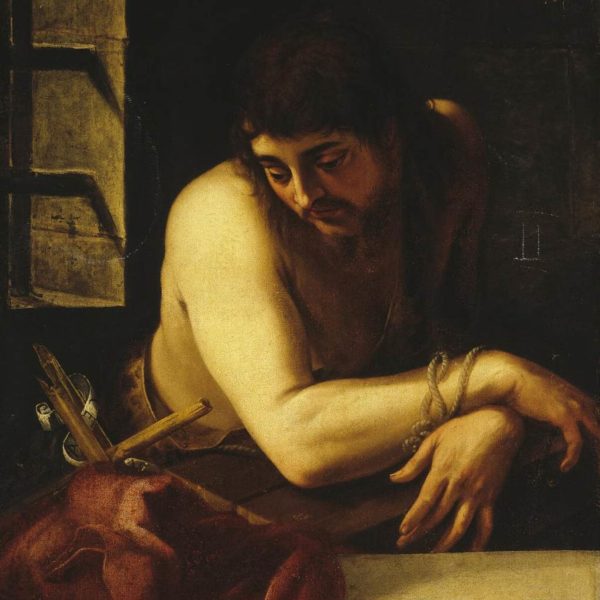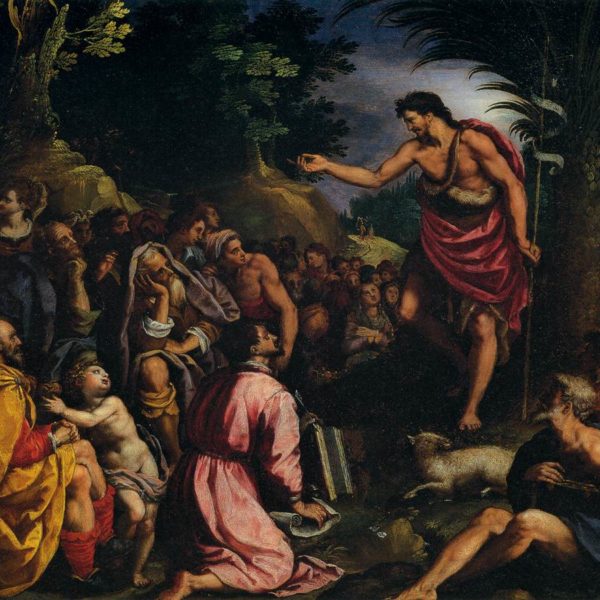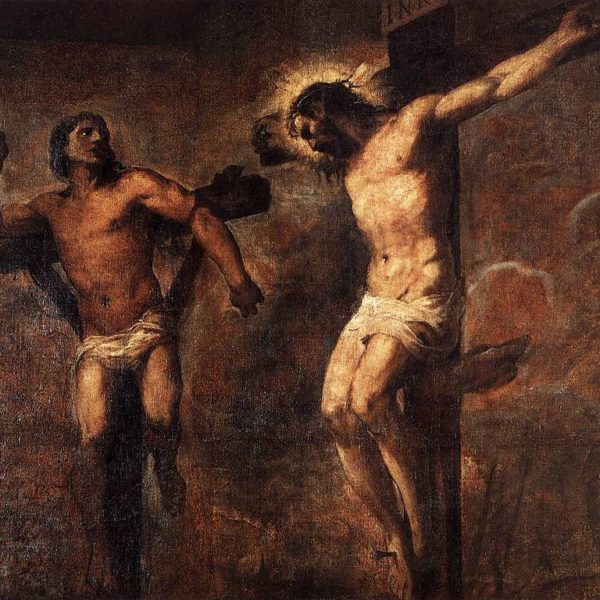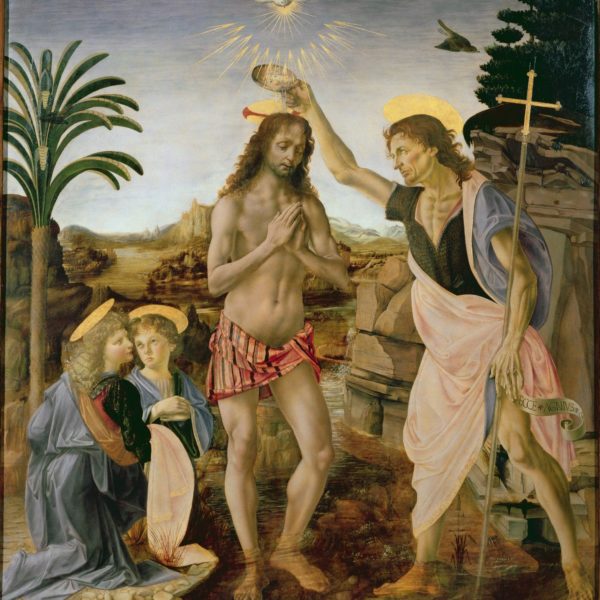
Biblical stories about baptism are connected to, but also at odds with, historical theology about baptism as well as the current liturgical practices of baptism. Matthew’s account of Jesus’s baptism gives us a helpful window into the reality.
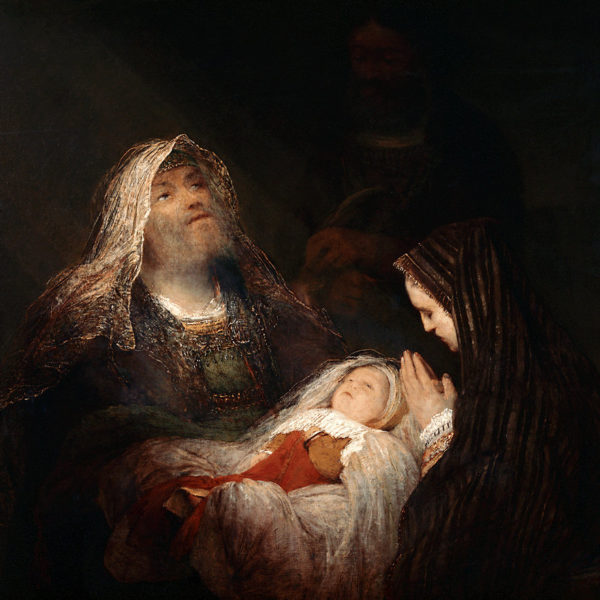
A competent sentinel must be vigilant, alert to and able to read the faintest signs upon a distant horizon, perceiving the most miniscule of details and discerning their greater import when they finally appear. In the opening chapters of both Matthew and Luke, we encounter a series of watchers and signs, presented in part as examples to the readers of the gospels in their own watching.
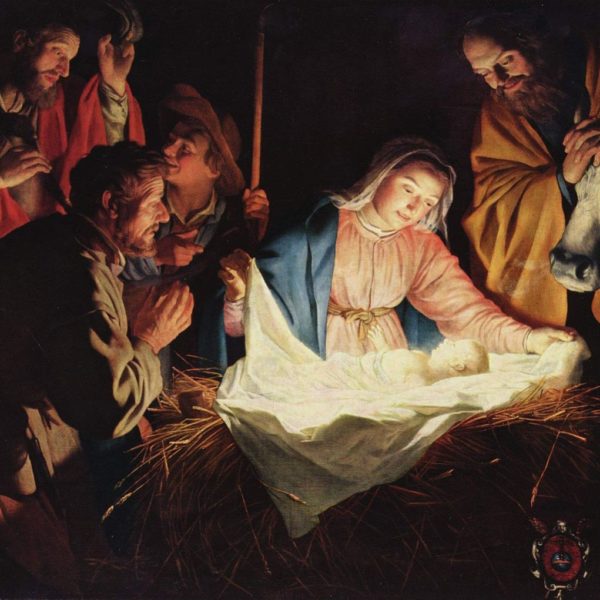
God who became one of us so inconspicuously is still walking among us, very quietly, making our lives special.
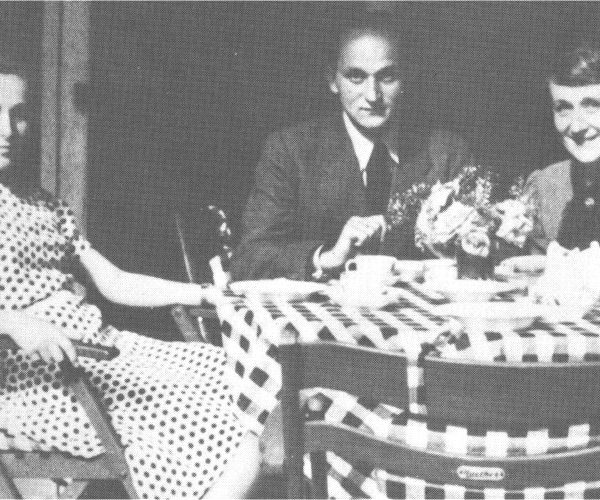
Advent declares that the time has come upon us, that the King of Kings is about to arrive. The Advent claim that Jesus is Lord is a fundamental orienting claim for all of our politics.
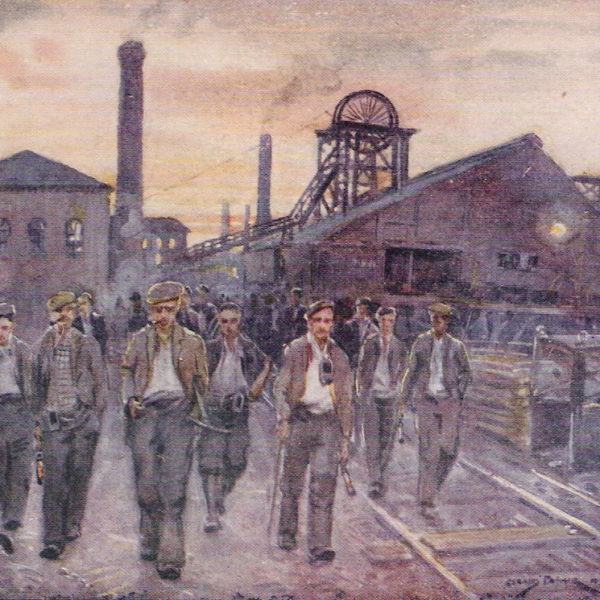
The Apostle Paul’s charge that those who are unwilling to work should not eat has often been taken in support of a callous form of conservatism. However, understood rightly, it reveals the way Christ speaks to all areas of life and labor.
